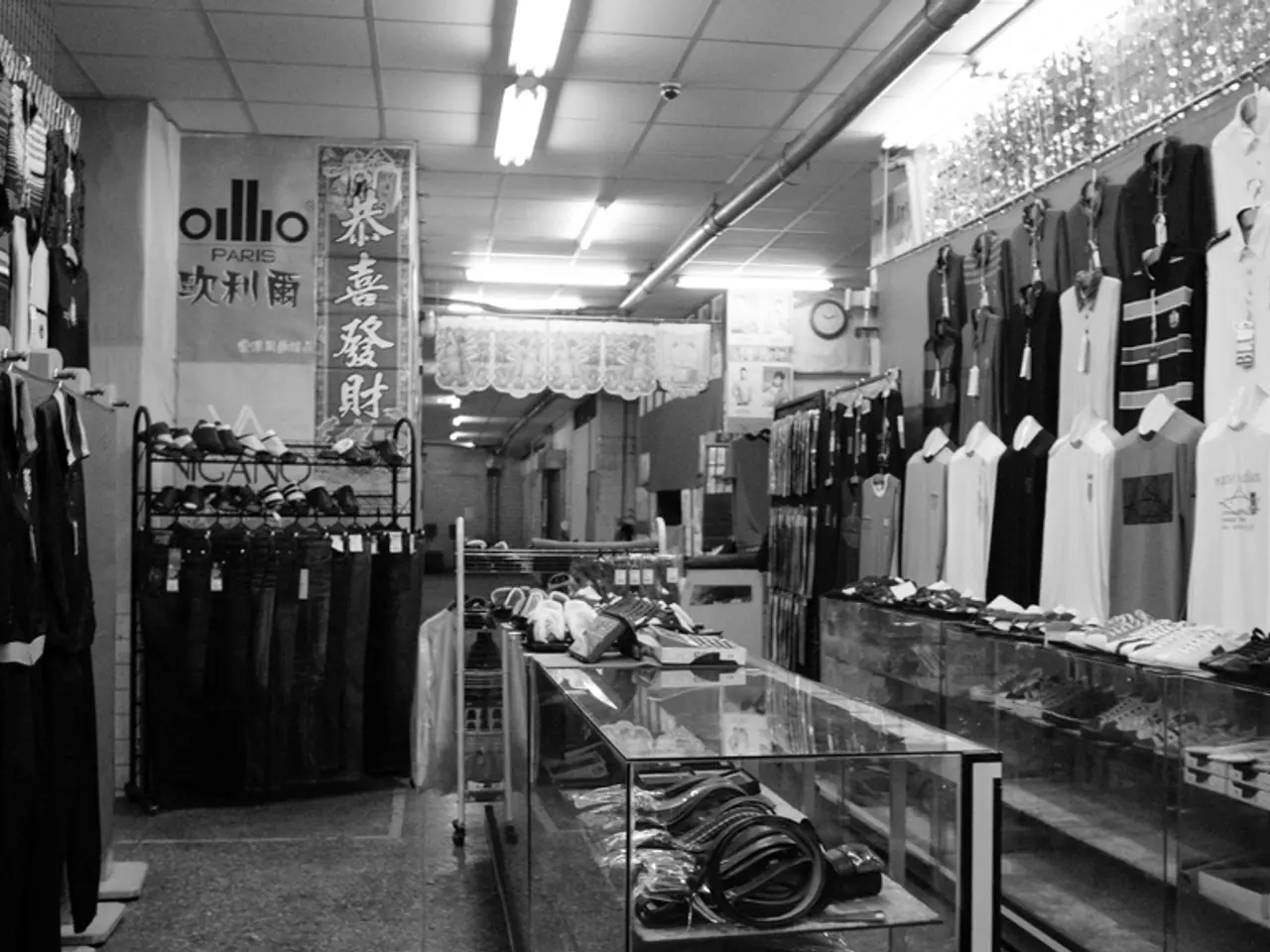Humana Finds Royal Decree on Textile Waste Disposal Confusing and Disordered
The Ministry of Ecological Transition has published a draft Royal Decree for public exposure, aiming to regulate textile waste management in Spain. However, the draft has raised concerns among stakeholders, particularly Humana, a leading fashion resale entity.
The draft, according to Humana, contains normative inconsistencies and raises more doubts than certainties. It does not ensure transparency or effective supervision of producers' decisions, and it does not clarify the existing regulatory framework. Moreover, the draft introduces confusing figures and grants excessive power to producers without ensuring transparency or effective supervision of their decisions.
One of the main issues highlighted by Humana is the draft's failure to be ambitious enough in matters of prevention and reduction of waste. The entity argues that the draft does not do enough to encourage producers to reduce the amount of textile waste they generate.
Another concern raised by Humana is the potential disadvantage it may face under the new regulations. The entity does not hold the category of third-sector entity, which, under the new regulations, reserves a portion of waste collection for such entities and those working for labor insertion. Despite dedicating all its profits to development programs, Humana does not qualify.
Humana has also expressed opposition to the draft's proposal to oblige stores to reserve space for the sale of second-hand clothing and require producers to manage textile waste from containers and the rest fraction. The entity fears that this could grant strategic power over a market that already functions to producers.
In 2024, Humana recovered a total of 19,074 tons of textile waste, equivalent to 77.2 million items of clothing. Approximately 63% of the textile managed by Humana is reused, 28% is recycled, and the rest is eliminated. The textile waste collected by Humana is deposited in 5,450 points across the country and processed in plants in Leganés (Madrid) and l'Ametlla del Vallès (Barcelona).
Companies are preparing for the new regulations, expressing concerns about the Royal Decree's gaps and potential impacts on the sector. The Royal Decree also raises doubts about its impact on small and medium-sized enterprises (SMEs) and its applicability across the sector.
The draft does not mention global reuse as a valid treatment option, a practice that Humana strongly supports. The entity argues that a system is being built that ignores the experience of existing actors in the field of textile waste management.
Stakeholders have until early September to submit their objections to the Royal Decree. The final approval of the Royal Decree will have significant implications for the textile waste management sector in Spain.








